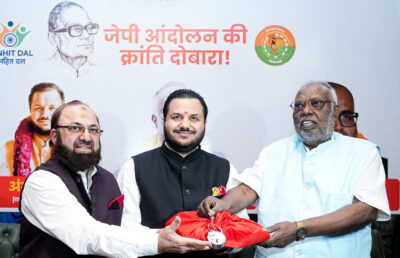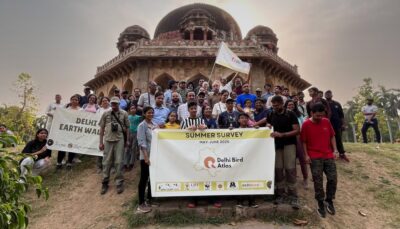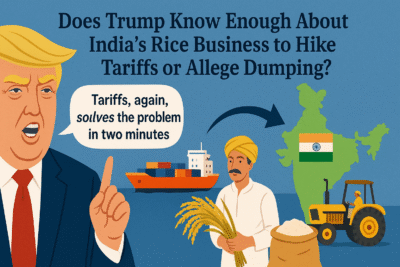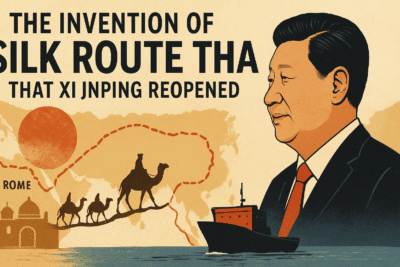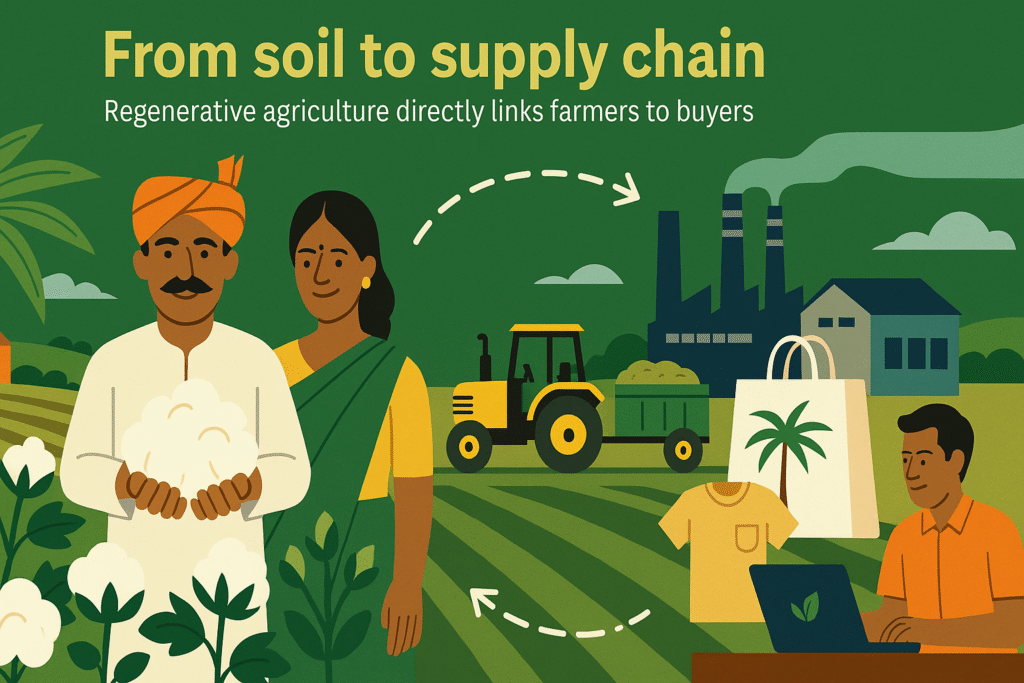
WWF-India and Solidaridad Network Asia Limited have signed a landmark Memorandum of Understanding (MoU) to transform India’s cotton and palm oil sectors by embedding regenerative agriculture into supply chains.
The move blends science, tradition, and social equity to address climate change while improving farmer livelihoods.
Partnership goals
- Regenerative models – Promote climate-smart, biodiversity-friendly practices in cotton farming and responsible palm oil production.
- Market transformation – Create demand for sustainable sourcing through brand partnerships, policy advocacy, and consumer engagement.
- Equity & inclusion – Ensure smallholder participation, fair pricing, and gender empowerment in farming communities.
- On-ground action – Launch pilot projects, joint research, and inclusive certification standards to scale regenerative practices.
Why it matters
- Climate resilience – Regenerative agriculture restores degraded soils, increases water retention, and boosts biodiversity, making farms better able to withstand extreme weather.
- Proven impact – In Gujarat’s REEL project, farmers reduced chemical use and greenhouse gas emissions by 23% while increasing yields and incomes. Women farmers, trained as Climate Change Ambassadors, are leading adoption in their communities.
- Soil & wildlife revival – In Madhya Pradesh, shifts from GMO to organic cotton have revived soil fertility and wildlife corridors between tiger reserves, while giving farmers higher returns.
From soil to supply chain
Solidaridad’s Regenerative Cotton Platform directly links farmers to buyers, guaranteeing traceability, fair prices, and market stability.
More than 210,000 Indian cotton farmers are now certified or in transition to regenerative standards, with significant reductions in input costs and water use.
Voices from the field
“We are moving beyond sustainability as a goal and establishing regeneration as the new, non-negotiable standard for Indian agriculture.”
— Dr Shatadru Chattopadhayay, Managing Director, Solidaridad Asia
“This collaboration will embed regenerative practices in cotton and catalyse a sustainability transition in palm oil—benefiting people, nature, and the climate.”
— Dr Sejal Worah, Programme Director, WWF-India
The bigger picture
Globally, agriculture is both a contributor to and a victim of climate change, accounting for around 23% of human-caused greenhouse gas emissions.
Cotton, grown in over 70 countries, is notorious for its high water footprint—a single T-shirt can require 2,700 litres of water to produce.
Palm oil, used in nearly half of packaged products worldwide, has historically been linked to deforestation and habitat loss, but is also one of the highest-yielding vegetable oils per hectare, making sustainable production essential.
The regenerative agriculture movement—practised on just 1–2% of global farmland today—is gaining momentum as research shows it can rebuild soil carbon stocks, enhance biodiversity, and improve farmer profitability.
In India, where over 100 million smallholder farmers depend on climate-sensitive crops, adoption of regenerative methods could directly impact national food security and rural incomes.
Market forces are also shifting: global apparel brands have pledged to source more sustainable cotton, while Indian policymakers are exploring incentives for low-emission farming.
Green finance is emerging as a catalyst—sustainability-linked loans and carbon credits are increasingly being channelled towards regenerative projects.
As WWF-India and Solidaridad’s partnership taps into these converging trends, it helps India positioning as a potential leader in climate-smart agriculture. If scaled, the model could serve as a blueprint for other major commodity-producing nations, proving that farming can be profitable, equitable, and planet-positive all at once.
Key numbers at a glance
- 23% – Share of global human-caused greenhouse gas emissions from agriculture.
- 2,700 litres – Water needed to produce a single cotton T-shirt.
- 210,000+ – Indian cotton farmers certified or transitioning to regenerative standards under Solidaridad programmes.
- 1–2% – Global farmland currently under regenerative agriculture.
- 100 million – Smallholder farmers in India dependent on climate-sensitive crops.
- 17,000 – Farmers in Maharashtra already regenagri certified, covering nearly 26,000 hectares.
- Half – Proportion of packaged goods globally containing palm oil.
- Up to 23% – Reduction in chemical fertiliser use and GHG emissions recorded in Gujarat’s REEL regenerative cotton project.
